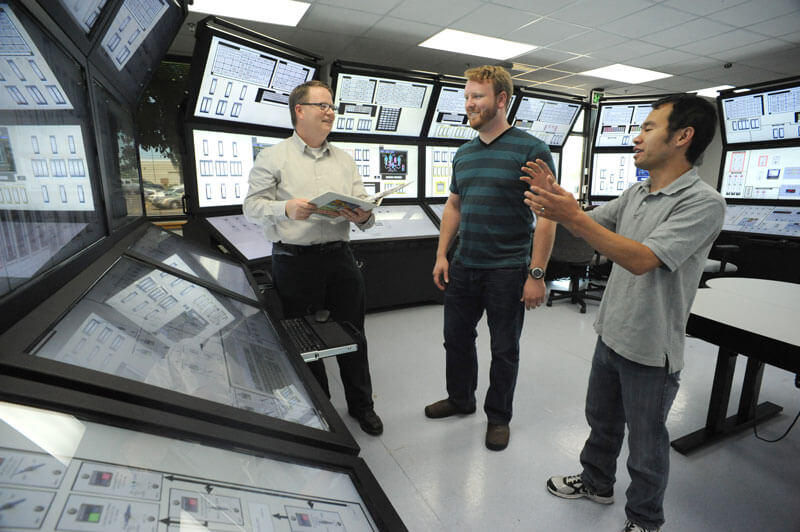Human Factors & Reliability
Application of information on physical and psychological characteristics to the design of device and systems for human use.
 Human Factors is primarily concerned with the scientific facts about human capabilities and limitations and the application of that information to equipment, systems, facilities, procedures, jobs, environments, training, staffing, and personnel management for safe, comfortable, effective human performance. The practical application of these principles is found in a wide variety of industries, including energy, manufacturing, military, aerospace, transport, medicine, and many others.
Human Factors is primarily concerned with the scientific facts about human capabilities and limitations and the application of that information to equipment, systems, facilities, procedures, jobs, environments, training, staffing, and personnel management for safe, comfortable, effective human performance. The practical application of these principles is found in a wide variety of industries, including energy, manufacturing, military, aerospace, transport, medicine, and many others.
The main objective of the INL Human Factors group is to improve human and system performance in high-consequence, complex operational settings. The typical work of the group involves the identification, analysis and solution of problems where humans interact with technology.
This work requires many different methods and techniques:
- Experimental Design, survey design, sampling, analysis and interpretation
- Analysis of the limits and requirements for human cognitive and physical work performance
- Modeling and simulation of human performance in a variety of work environments
- Field and laboratory assessment of human interaction with new systems and components, including prototyping & usability testing
- Development and demonstration of methods, measures and criteria for error-tolerant system design.
- Human Reliability Analysis methods application and development
- Cognitive work analysis and work domain analysis.
